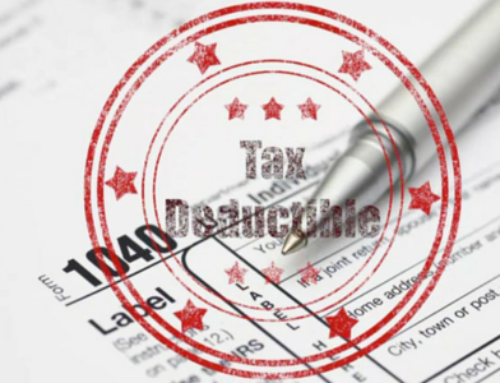Being a consultant or freelancer affords many freedoms in terms of hours, location, and even dress code. One freedom it does not afford is the ability to escape from the long arm of the IRS. Even as a freelancer or consultant, you are still required to pay taxes on a periodic basis throughout the year. For W-2 employees, this financial commitment is taken out of paychecks automatically. When you work for yourself or own your own business, you must take the initiative to pay your portion of taxes through estimated quarterly payments throughout the year. Below are a few tips to help you sort through the requirements and regulations for estimated quarterly tax payments.
How do you know if you owe quarterly tax payments?
As a general rule, if you owed more than $1,000 in total taxes last year, you’ll likely owe quarterly payments this year.
How do I estimate quarterly tax payments?
In very broad terms, take the amount you owed in taxes last year and multiply that amount by .90. Then divide that number by 4 and that will provide you with the estimated amount you owe each quarter. Also, refer to Form 1040-ES for an estimated tax worksheet to help you figure out what you’ll owe.
What if I skip a payment or it is late?
Well, you’ll probably regret it. Here is the verbiage straight from the IRS: “For estimated tax purposes, the year is divided into four payment periods. Each period has a specific payment due date. If you don’t pay enough tax by the due date of each payment period, you may be charged a penalty even if you’re due a refund when you file your income tax return at the end of the year.”
How do I know when a payment is due?
With few exceptions, quarterly taxes are due on the following dates: April 15, June 15, September 15, and January 15 of the next year. For businesses that run on a fiscal year, rather than a calendar year, these dates may vary.
How can I plan for quarterly taxes?
There are a few steps you can take to be prepared. First, set aside a little money each quarter so that you can budget your tax payments. Second, keep track of itemized business deductions that could lower your tax burden. Finally, if you are unsure or are spending too many billable hours working on your taxes, consider outsourcing your tax filing to a professional. A certified accountant will be sure your quarterly tax payments are handled correctly and their fees will be tax deductible as a business expense.
If we can help, contact us at 215-659-5000.





